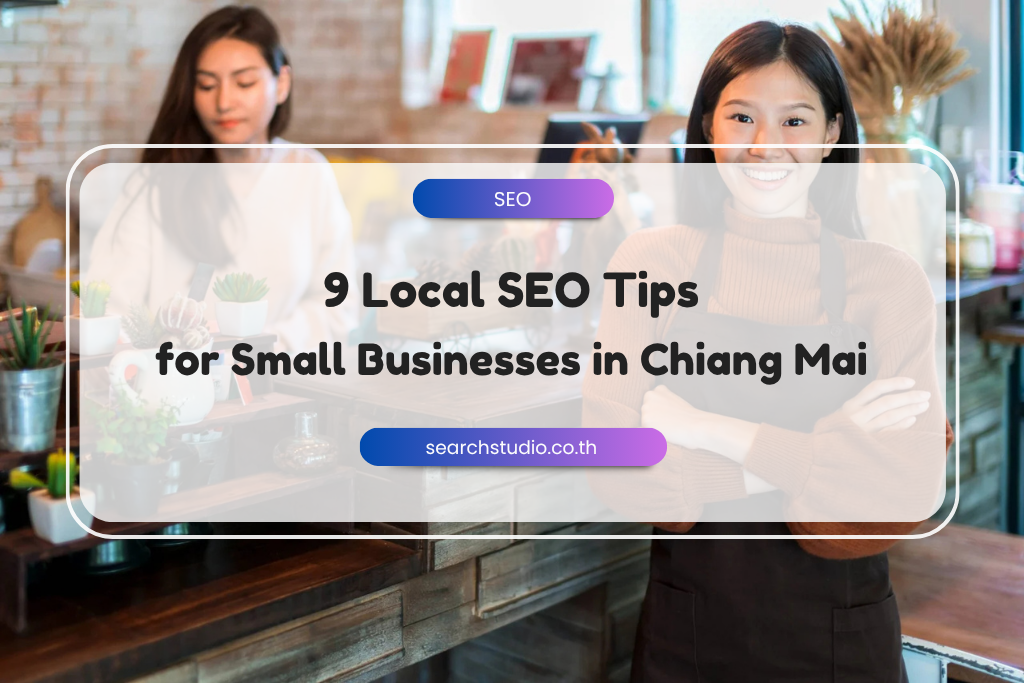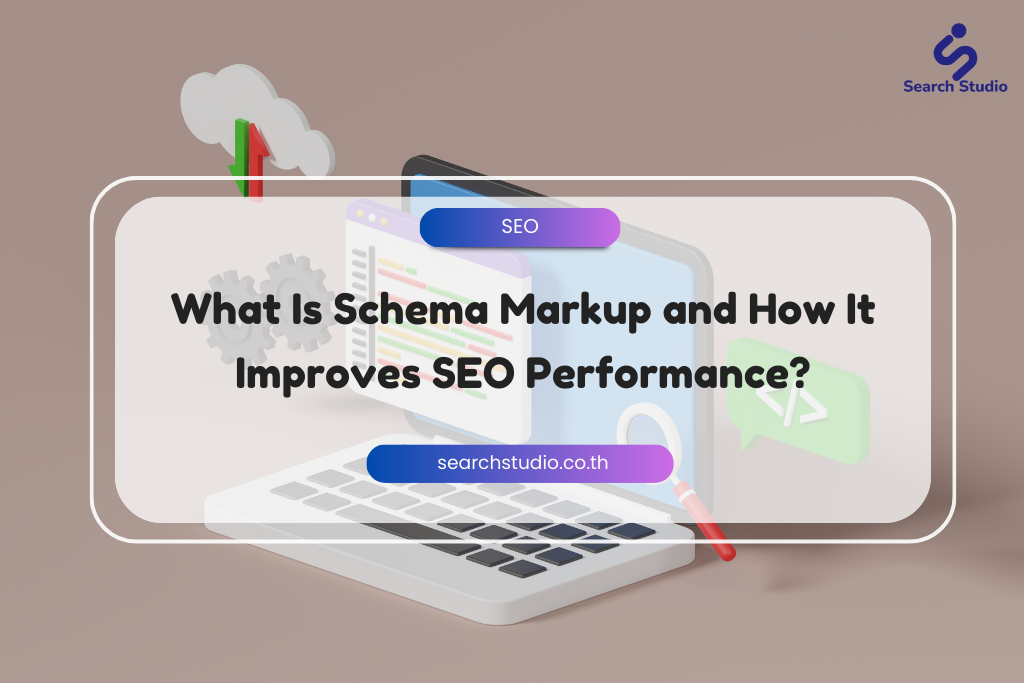SEO (search engine optimization) is how you increase your website’s visibility in search engines like Google so the right people can actually find you. When your SEO terminology and strategy are in good shape, your site, blog, or business is more likely to attract qualified, repeat visitors instead of random clicks. Good SEO practice doesn’t just drive more traffic. It brings in the kind of traffic that’s ready to read, subscribe, or buy.
To practice good SEO, there is a specific (and often confusing) language of search engine optimization terms that you need to familiarise yourself with. To cut through the jargon, we’ve provided an SEO glossary of terms and an SEO explanation with concise definitions for words, terms, and acronyms you’re likely to find in the field.
SEO Glossary: Essential Terms and Definitions
Alt Attribute
Also known as an alt tag, an alt attribute is an HTML attribute added to images that provides a text description of what the image shows. It helps search engines understand your content and makes your site more accessible for users who rely on screen readers or can’t load images. For best results, keep your alt text short, descriptive, and naturally include relevant keywords where it makes sense.
Anchor Text
An anchor text is a text used in a clickable hyperlink. They need to be relevant and reliable in order to guide specific traffic. The words used within anchor texts are utilised by most search engines to determine a page’s ranking. When making an anchor text, avoid generic descriptions.
Backlink
Also known as an incoming link, the name for a link into a page from an external page. If a site provided a link to this glossary, that would be a backlink.
Branded Keyword
Branded keywords are search terms that specifically include a company’s name (i.e. branded), either in relation to their service or not.
Canonical URL
A canonical URL is the referenced URL of a page. In SEO usage, this is used to specify a preferred URL for search engines to index a page under. This is particularly useful when your site has multiple and different URLs.
Do-follow
Do-follow links are all links which search engine crawlers follow and rank. They are the opposite of no-follow links, which tell search engines not to follow or count them. Unless manually specified, all links are do-follow links by default.
Domain Authority
Domain authority is a score assigned to domains based on their ability to appear/rank on search engines. The score is afforded out of 100, with 100 being the highest rating. Developed by Moz.com, it is a good indicator of SEO quality.
Duplicate content
Duplicate content is a page that seemingly has exact or incredibly similar content to another page, either externally on another site or internally on the same website.
External Link
Like a backlink, this is a link which points to a webpage not found on the same website or domain. I.e. a link to an external page.
Featured Snippet
Featured snippets are chunks of featured text from a webpage displayed in a search results page. It is used in question and answer formats, providing a snapshot of an answer for a typed search engine question without the user having to click through for the information.
Google Search Console
This is a no-charge web service for sites provided by Google, allowing webmasters to check their site’s indexing status and optimise their visibility.
Heading
These are tags considered important for search engines to target, appearing in a large, bold format. They are essentially page and content titles.
HTML
An acronym for Hypertext Markup Language, HTML is the technical language used to write and create webpages.
Inbound Link
An inbound link is an incoming link. In SEO terms, links from reliable and popular sources are considered a quality source of page rank.
Index
This is both a database of web pages used by search engines (noun) and the process of adding a page to a database (verb).
IP Address
An IP address is a unique set of numbers used by a computer to communicate with a network. Otherwise known as a network address.
Keyword
A keyword is the phrase someone searches for (e.g., ‘best running shoes’). Great SEO maps content to the intent behind that phrase.
Keyword Research
The means of highlighting the most appropriate keywords for maximum visibility/to reach your targeted audience.
Link
A link is a clickable reference to another page. Search engines also use links to discover new pages and evaluate authority.
Link Building
Building and cultivating more incoming links to your site.
Long-Tail Keyword
Long-tail keywords are longer, more specific search phrases (for example, “best running shoes for flat feet”) that usually have lower search volume but higher intent. They tend to be more targeted and can be easier to rank for than very broad, short keywords.
Meta Description
A meta description is a short summary of a web page that usually appears under your title tag in search results. While it’s not a direct ranking factor, a clear and compelling meta description can significantly improve your click-through rate by convincing users to choose your result over others.
Meta Keywords
Meta keywords are a legacy tag where site owners used to list important keywords in a page’s code. Modern search engines ignore meta keyword tags, and overusing them can even look spammy, so they’re no longer recommended for SEO.
Meta Tags
The information contained within the head of each page describes its content.
No-follow Attribute
Designed to reduce webspam, used in a hyperlink to prevent the link’s destination from being crawled by search engines.
Off-Page SEO
Technique taken outside of your webpage to improve its site position in search results (e.g. through social media, forums and blogging).
On-Page SEO
SEO techniques used by a webpage internally via optimised HTML source code.
Organic Search
Search engine results sorted by relevance to search queries without advertisements, filtering out pay-per-click results.
Page Speed
Page speed is a measure of how quickly the content on a page loads. Faster pages provide a better user experience and are more likely to perform well in search results, especially on mobile devices and slower connections.
Rank
The position in which your page is returned for a search term.
Search Engine
A program used to search for results either in a database or on the internet. Often used synonymously with big brands like Google or Bing.
Search Engine Optimization (SEO)
The process of increasing a site’s rank and visibility in search engines. The higher the rank, the greater the chance of it being seen and visited.
Search Engine Results Page (SERP)
The results page displays ranked sites in response to a search term.
Sitemap
A page used as a map or index with a link to every accessible page on a website. A good root directory helps search engines find all of a site’s pages for ranking.
Title Tag
A title tag describes a web page’s content. It is usually the first place a keyword is inserted and often the first text seen in search engine results.
URL
An acronym for Uniform Resource Locator, a web address.
How to Use This SEO Glossary
Don’t feel like you have to memorize every SEO term at once. Instead, bookmark this glossary and come back to it whenever you see an unfamiliar phrase in a report or article. Start with the basics like keywords, on-page SEO, off-page SEO, and backlinks, then gradually explore more specific terminology such as canonical URLs, featured snippets, and long-tail keywords. Over time, these definitions will become second nature, and your SEO conversations will feel much easier.
Final Words
Once you’re comfortable with these SEO terms and definitions, the next step is putting them into practice on your own website. Review your pages for simple wins like better title tags, more helpful meta descriptions, clearer internal linking, and faster page speed. If you’d like expert help applying this SEO terminology to a real strategy, you can always reach out to our team for an SEO audit or ongoing support.
For beginners, the most important SEO terms to learn are keywords, on-page SEO, off-page SEO, backlinks, title tags, meta descriptions, and page speed. Once you understand these basics, the rest of the SEO glossary will make a lot more sense. You can then explore more advanced concepts like canonical URLs, featured snippets, and domain authority.
This SEO glossary helps you understand the terminology you’ll see in SEO tools, reports, and conversations with agencies. When you know what terms like “long-tail keywords” or “organic search” actually mean, it’s much easier to optimise your pages correctly and spot opportunities for quick wins, such as better internal linking or improved title tags.
On-page SEO focuses on everything you can control on your own website, including content, headings, internal links, and technical elements like title tags. Off-page SEO covers factors outside your site, such as backlinks, mentions, and brand signals from other websites. Both types of SEO work together to improve your visibility in search results.
Long-tail keywords usually have lower search volume but are more specific and targeted. That means the people who search for them often know exactly what they want and are closer to taking action. By including relevant long-tail keywords in your content, you can attract more qualified visitors who are more likely to convert.








